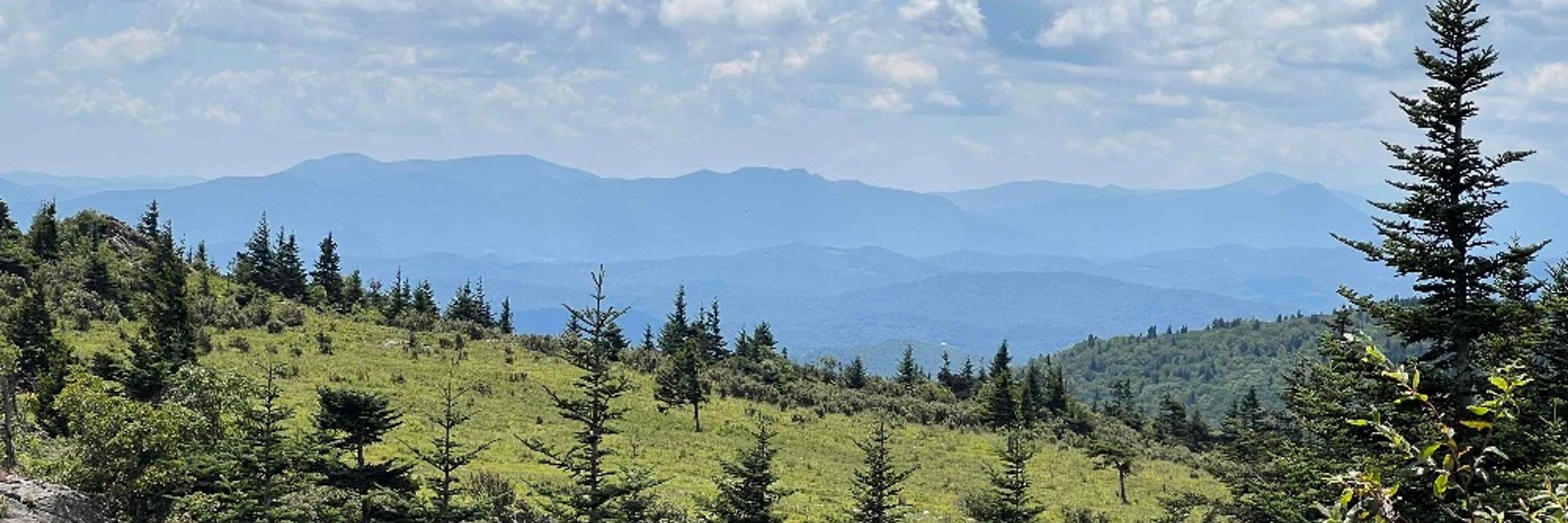Morgan Pitelka
@mpitelka.bsky.social
1.4K followers
1K following
69 posts
Historian of Japan, distinguished professor at UNC-Chapel Hill, specialist in material culture, urban history, environmental history; coeditor, Journal of Japanese Studies
Posts
Media
Videos
Starter Packs
Morgan Pitelka
@mpitelka.bsky.social
· Aug 5
Reposted by Morgan Pitelka
Morgan Pitelka
@mpitelka.bsky.social
· Feb 27
The Puzzle of Vaccine Hesitancy in Japan
A recent study concludes Japan has extremely low confidence in vaccines. We examine the history of vaccination in Japan over the past 150 years to assess this study’s claim of vaccine hesitancy. We fi...
online.ucpress.edu
Reposted by Morgan Pitelka
Reposted by Morgan Pitelka
Reposted by Morgan Pitelka
Reposted by Morgan Pitelka
Reposted by Morgan Pitelka
Morgan Pitelka
@mpitelka.bsky.social
· Sep 20

'Shogun' TV series wins 18 Emmys - The World from PRX
The series “Shogun” has been a shocking success. The show, already popular with audiences, has now won a record-breaking number of Emmy’s. It’s also unique as the main characters speak in Japanese the...
theworld.org
Reposted by Morgan Pitelka
Matt Gabriele
@profgabriele.com
· Oct 20
Morgan Pitelka
@mpitelka.bsky.social
· Oct 3
Morgan Pitelka
@mpitelka.bsky.social
· Oct 3
Morgan Pitelka
@mpitelka.bsky.social
· Oct 3
Morgan Pitelka
@mpitelka.bsky.social
· Oct 3
Morgan Pitelka
@mpitelka.bsky.social
· Oct 3
Morgan Pitelka
@mpitelka.bsky.social
· Oct 3
Morgan Pitelka
@mpitelka.bsky.social
· Oct 3
Morgan Pitelka
@mpitelka.bsky.social
· Oct 3







